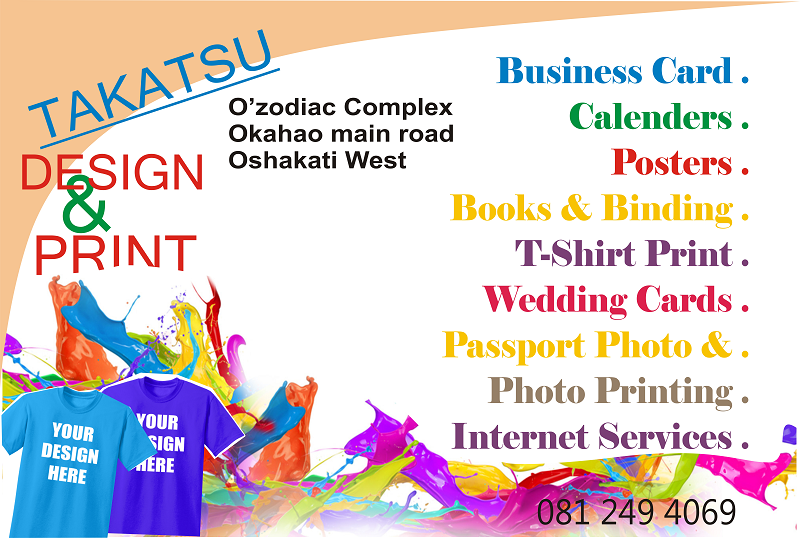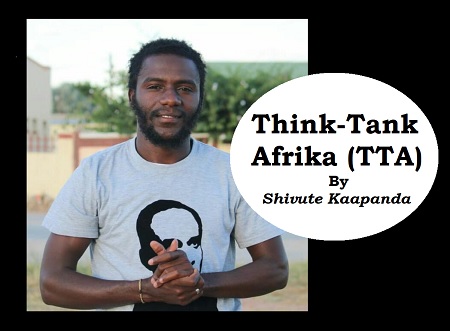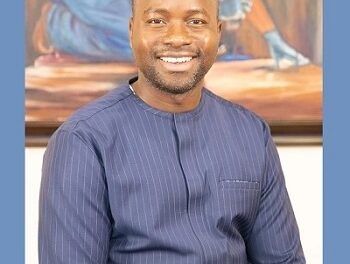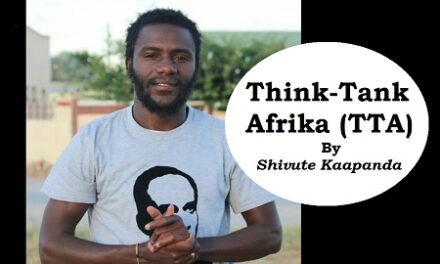
The public lecture on the knowledge of Aawambo “clans”
By Shivute Kaapanda [Think Tank Africa]
Back in the days when Aawambo people migrated from the great lakes like all other tribes from the Bantu extraction as hunters and gatherers they settled in the present day northern Namibia and southern Angola not very far from other Bantu tribal orientations such as Ovaherero and Vakavango among others.
Back then before the creation of nation states (countries) people settled in areas as close families but due to population growth which demanded for competition among the Aawambo in terms of territoriality and resources such as food and grazing areas, there was an experience of tribal rivalry which saw major polarization of Aawambo to such an extent where sub-tribes, organized as kingdoms, were created within Aawambo people known as Aandonga, Aakwambi, Aakwaluudhi, Aambalanhu, Ovambadja, Aakolonkadhi, Aangandjera and Ovakwanyama.
But all these sub tribes had branched off from one ancestor tribe, which is why to this day they speak the same language and share the same culture but with minor variations.
It’s because of the formations of these sub tribes that I would like to introduce the concept of clans as the longest and most powerful tool of identification among the Aawambo people which is very relevant in identifying the maternal lineage of individuals in very profound ways taking us back to the days when the modern system of national identification was never dreamed of.
Unlike today in the modern world whereby people identify themselves by nationality with an identity document with names, surnames and identity numbers, in the past the Aawambo system of identification of an individual being within a tribal collective was mostly by a name to identify oneself as a person, a surname to identify one’s paternal lineage and clans to identify both paternal and maternal lineages.
In the Aawambo culture one is considered and believed to be born from two clans (omapata/omazimo) namely, maternal clan and a paternal clan.
One’s maternal clan defines, identify and gives a clear link of maternal generations through the mother’s side of a person while the paternal clan only identifies and links one to the paternal generations through a father side of a person making it the most relevant system of tribal identification we have today among Aawambo.
And this has even survived the test of modern systems of identification, literally to say in Owambo today under a nation-state as Namibia is, one can have no modern identification documents such as a birth certificate but culturally his or her identification can still be traced and recognized because for the Aawambo people like many African tribes a process of identifying a person by means of clans is literally above the issues of birth certificates and other identity documents recognized by the modern system of governance.
Interestingly, it’s very easy for an Oshiwambo speaking person in Angola or South-Africa or anywhere in the globe without a Namibian ID card or a birth certificate to be identified as belonging to one of the clans of Aawambo people as long as that person knows the clans they belong to.
Following is the list of some of the Aawambo clans and their totems in present day Namibia and Angola: Aatundu/Aakwaluvala(Zebra), Aakuusinda/Aakwaanyoka(Snake), Aakwamandjila/Aakwamalanga(Elephant), Aakwanangobe/Aakwamwenyo(Cow), Aakwanekamba/Aakwanamakunde(Hyena), Akwambahu/Aakwahepo(Locust), Aakwanambwa/Aakwanghwiyo(Dog), Aakwanamatsi/Aakwanahungi(Calabash) and Aakwanambuba/Aakwaniilya(Millet).
It is therefore important for all Aawambo people especially the youth who are mostly ignorant to have a concrete knowledge of their clans and totems.
The Aawambo youth of today rarely participate in the affairs of their traditional authorities due to their lack of knowledge of self which includes lack of indigenous knowledge on traditional matters.
In rural areas the traditional affairs and leadership is often left to the elderly because the young of today in Owambo are more interested in alcohol, dating and clothes rather than learning traditional knowledge which is often acquired at traditional courts and other customary gatherings.
Given that most knowledge of tradition is documented in the minds of elders in the villages and is mostly passed on orally is often challenging for some alcohol-addicted youths in Owambo to collect such information and record it in writing.
It is therefore a call on all Oshiwambo speaking youth to learn traditional knowledge so that they will increase their knowledge of self and be able to articulate themselves on matters of their traditional leadership.
As youths of Owambo we need to inherit the indigenous knowledge from our elders so that we can pass it on to the next generations of traditional leaders.
- Shivute Kaapanda is an activist writer and philosopher from Eyanda village in Omusati Region. He is a columnist and the author of the book called “The Conscious Republic”.







